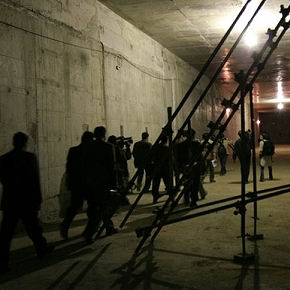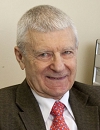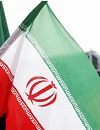 |
||
|
Russian Charged with Passing Bulava Missile Secrets RIA Novosti, PUBLISHED May 15, 2012 An employee at a Russian defense firm in the Urals region has been accused of passing secrets on the Bulava intercontinental missile to a foreign intelligence service, the Kommersant daily reported on Monday. Other news: Bulgaria registered project company for Kozloduy-7 It is fully belonged now to the Kozloduy NPP. Bushehr to Begin Operations in 2012 - Rosatom We want to put it into commercial production at the end of this year. Japan Starts Work to Shut Down Last Reactor The company will stop power production at the Tomari nuclear power plant's third reactor. |
Hero of the day 
Iran views of its nuclear issue It is difficult to say what will happen next, especially since the international community is split into two opposing camps on this issue. This article will analyze both of them, also taking into account the situation in Tehran. INTERVIEW
Georgy Toshinsky OPINION
Dmitry Kosyrev |

